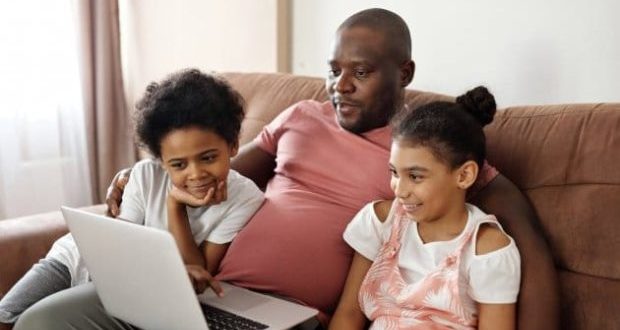Smoking: How to Talk to Your Teen
I never received the no smoking under the penalty of severe punishment talk, but I had enough sense to know smoking was exclusively reserved for grown-ups. Nevertheless in 3rd grade, I vividly remember trying my first cigarette or rather taking my one and only puff.
I confess I did inhale and my body’s convulsed with enough heavy coughing I knew that was one experience I only had to have once. With my son, I don’t recall giving him a no smoking talk because he’s athlete.
I’ve taken for granted his coaches have spoken with him regarding the negative impacts of smoking. If you haven’t had the “talk” yet with your kid, author Matt Rhoney gives excellent advice on approaching the subject of smoking with your teen.
Understanding The Issue
The issue of smoking brings with it a concern for every parent with a preteen and/or teenager. The most common debilitating health factor is lung cancer.
On top of this, the risk of throat, bladder and mouth cancer also increases.
A disturbing fact about smoking is it’s the most preventable cause of death in the U.S.. It’s responsible for 90% of the documented lung cancer cases.
Unfortunately, an average of 54% of the children between the ages of 3 and 11 are exposed to secondhand smoke.
Cigarette smoke contains more than 5,000 chemical components. As stated by the Centers for Disease Control and Prevention hundreds of the chemicals are dangerous to our health.
Carbon monoxide is the harmful gas you inhale when you smoke. When this gas gets into your lungs, it then enters the bloodstream and reduces the oxygen levels taken into the red blood cells.
This in turn can lead to artery disease, heart disease and a high likelihood of heart attack. The main chemical in cigarettes, nicotine is harmful and very addictive.
The medical symptoms associated with nicotine intake are high blood pressure, increased heart rate and the narrowing of arteries which affects the flow of blood in the body. This chemical can make the arterial walls hard which can possibly lead to a heart attack.
Also, as with most addictive substances, there are some withdrawal side effects when an individual tries to stop smoking.
Understanding The Why
For some parents, you may not see the reason to even talk to your kids about smoking because of laying down the “Absolutely No Smoking Law.” However, you must try to understand the factors that could encourage your teen to experiment with smoking or start smoking altogether.
- To be like their peers
- To feel more grown up
- To simply explore and test the waters
- Rebellion and/or getting attention
- To combat depression and stress
- To help in losing weight
It isn’t until they are fully addicted that they realize how difficult it is to quit once it’s ingrained as a habit.
Understanding The How
Let discussions on smoking start when your kids are around 6 years old. Understand that it is your sole duty to open their eyes to the dangers of smoking.
Be sure to keep the dialogue open and don’t make it a lecture. Get their views on smoking and if they have already started ask them, “Why?” Identify with the pressures they feel to smoke, and offer your support.
Try not to sound condescending, but acknowledge you are speaking to an intelligent person with the ability to make the right decisions. Highlight the rewards of stopping; like saving money and improvement in various activities of their lives. Allow them to come up with their own ideas.
The most important tip is to keep the lines of communication open.
Did you know nicotine and alcohol is a dangerous mix for teens? Click here to learn more.






